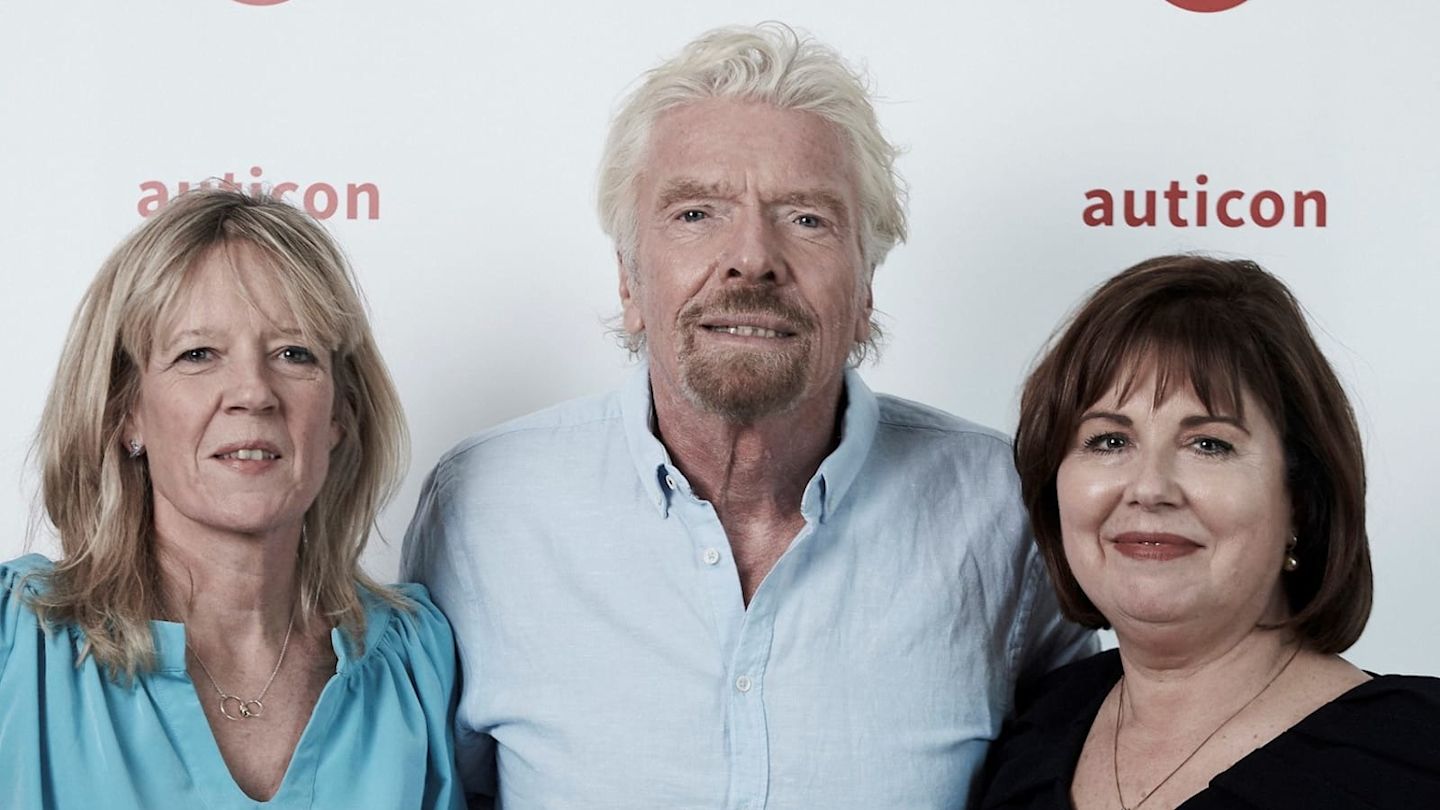How businesses can embrace autism in the workplace
Everyone benefits from embracing neurodiversity at work. The unique skills, cognitive strengths, diversity of thought and fresh ideas that come with a neurodiverse workforce are exactly what businesses need to evolve and succeed. And if we want to solve the biggest problems of our times, we need to bring different perspectives to the table.
This is why we invested in auticon – a brilliant firm that taps into the unique talents of people on the autism spectrum by employing them as technology consultants for businesses all around the world. Since investing in the firm in 2016, it’s been incredible to witness its growth as more and more businesses see the benefits of a neurodivergent workforce.
However, a new report by auticon Canada and Deloitte Canada shows just how many employment barriers the autistic community is still up against today. The report indicated that almost half of autistic employees do not feel comfortable disclosing their neurodiversity to employers, which is really concerning to hear. This highlights the need to better educate recruiters, leaders, managers and team members to help break down misconceived ideas about autism and create supportive working environments where people are celebrated for their differences, instead of feeling left out.
With this in mind, auticon reached out to some of the firm’s job coaches that provide support to auticon's 250 autistic employees, who work as technology consultants for auticon’s clients. Many of the coaches have backgrounds in clinical psychology, performance coaching, managing anxiety disorders, special education, and vocational rehabilitation, so it was really insightful to hear what they had to say about everything from ‘autism masking’ behaviours to developing neurodivergent job interviews. As Autism Awareness Month draws to a close, I wanted to share some of their insights, so you can help make your workplace more inclusive to people on the autism spectrum.
Nora Ehrlich, a Job Coach at auticon Germany, shared some simple measures that businesses can take to create autism-friendly environments. She said:
Often, with small changes, you can make work structures autism-friendly. For example, a structured daily routine with enough time windows to get into the flow, and meetings that have a clear agenda can really help.
Reshma Dhawan - an auticon US Job Coach - also suggested implementing flexible working, sending information in writing, building trust with new teammate, allowing extra processing time, and providing advance notice when there is a change in deadline. It’s amazing to think that such small changes can make such a big difference.
When it comes to job interviews, 40% of the survey participants said the interview process remained a great challenge, which is likely eliminating candidates who are actually highly qualified and well-suited for the job. In an interview, the recruiter is really testing an autistic person’s biggest challenges, so the auticon team stressed the need to be as flexible as possible to help the candidate show their true potential. As Alice Nova, a Job Coach from auticon Italy, said:
From the point of view of the physical context, it is good to adapt the environment according to the sensory needs of the interviewed person: try as much as possible to attenuate strong lights, noise, visual stimuli.
This might include off-camera interviews, sending questions in advance, taking a ‘show-not-tell’ approach, keeping things casual, and understanding that autistic people tend to sell themselves short. They key is to find the hidden skills and strengths that the candidate won’t necessarily tell you about. auticon’s recruitment process was carefully designed to do just this, so it’s a great resource to lean upon.
The report also found that 45% of participants masked their autism to get through work. These ‘autism masking behaviours’ need to be addressed if a business wants to be truly neuro-inclusive. It’s not easy to detect masking behaviours, but it’s a challenge that businesses need to take on. As Kirsty Cook – auticon’s Global Director of Diversity & Inclusion Services – explained:
The art of masking is that employers never know. For many autistic people, they have this art-form perfectly designed. So much so, that some won't know where their masking begins and where it ends. This is particularly true for females. Several female autistic consultants have joined auticon, their autism disclosed from the beginning, and they know that for the first time in their lives, they no longer need to mask. The prospect of not masking is scary but liberating and quite a new challenge.
Embracing neurodiversity in the workplace opens so many doors for a business, and it allows people to reach their full potential. Thank you to auticon for showing how companies can create more neuro-inclusive workplaces, where your people thrive and your business thrives too.




